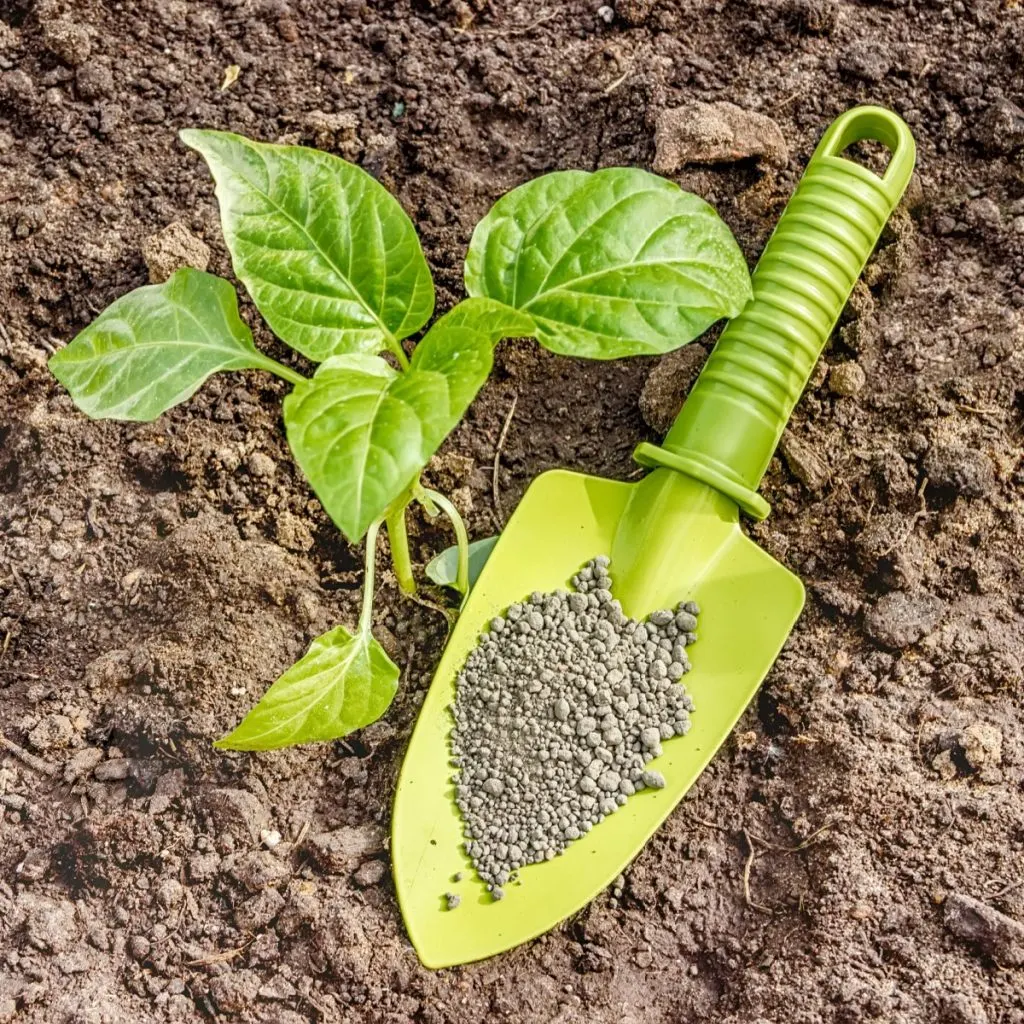Organic Vs. Synthetic Fertilizers: Which Is Best for Nurturing Healthy Pepper Plants?
In the world of supporting healthy and balanced pepper plants, the choice between organic and synthetic fertilizers stands as a crucial choice with far-reaching ramifications. While both choices goal to give crucial nutrients to sustain plant growth, the subtleties of their effect on the soil, plant health and wellness, and the atmosphere spark an argument that mirrors throughout the gardening community. Understanding the distinct benefits and prospective pitfalls of each fertilizer type is vital for pepper cultivators seeking to maximize their returns while preserving an eco-conscious and lasting approach.
Advantages of Organic Plant Foods
Organic plant foods provide an environmentally-friendly and sustainable strategy to beneficial pepper plants, supplying necessary nutrients without using artificial chemicals. These natural plant foods are acquired from natural sources such as garden compost, manure, bone meal, and algae, advertising soil health and biodiversity. Unlike artificial fertilizers, natural choices release nutrients gradually, making sure a constant and balanced supply for pepper plants to flourish.
One considerable benefit of natural plant foods is their capacity to improve dirt framework and water retention. By improving soil wellness, organic fertilizers advertise advantageous microbial task, which assists in nutrient uptake by pepper plants. Additionally, organic plant foods reduce the danger of chemical run-off, shielding water sources from contamination and safeguarding the atmosphere.
In addition, organic fertilizers add to lasting dirt fertility by promoting the development of helpful soil organisms. These organisms assist damage down raw material, launching nutrients in a kind that is quickly obtainable to pepper plants. best fertilizers for peppers. By promoting a healthy and balanced dirt ecological community, organic fertilizers support sustainable pepper cultivation methods that profit both plants and the environment
Drawbacks of Artificial Fertilizers
Artificial plant foods, in comparison to their natural counterparts, position different downsides when made use of to nurture pepper plants, impacting both plant health and environmental sustainability. One significant disadvantage of synthetic plant foods is their tendency to seep nutrients from the dirt quickly.
Moreover, the overuse of artificial fertilizers can add to water contamination. Excess plant foods not taken in by plants can get rid of right into water bodies, resulting in eutrophication, where algae blossoms deplete oxygen levels in the water, damaging water life. Artificial plant foods are generally derived from non-renewable sources, such as fossil fuels, adding to carbon exhausts and ecological degradation throughout their production.
Nutrient Absorption Contrast
Reliable nutrient absorption plays a vital function in the overall health and growth of pepper plants. When comparing artificial and natural fertilizers in terms of nutrient absorption, organic plant foods have the advantage of supplying an extra balanced and slow-release source of nutrients (best fertilizers for peppers). Organic plant foods have a variety of macro and micronutrients that are not just useful for the plants yet also promote healthy and balanced dirt microbial activity, which aids in nutrient uptake. On the other hand, artificial plant foods typically supply a fast launch of nutrients, which can result in seeping and drainage, causing lower nutrient absorption prices by the plants.
Moreover, organic fertilizers boost soil structure and water retention capability, permitting pepper plants to accessibility nutrients much more successfully. This better dirt top quality helps with root advancement, making it this possible for better nutrient absorption. Artificial plant foods, although originally increasing plant development due to their high nutrient concentrations, may prevent long-term nutrient absorption by derogatory dirt wellness in time.
Environmental Impact Considerations

On the various other hand, synthetic fertilizers, although frequently more focused and immediately readily available to plants, can have damaging impacts on the setting otherwise applied effectively (best fertilizers for peppers). Their manufacturing needs high energy inputs, leading to greenhouse gas exhausts and adding to climate change. Additionally, the overflow of excess artificial plant foods can contaminate water resources, resulting in eutrophication and damaging aquatic ecosystems.
Best Fertilizer Practices for Peppers
When fertilizing pepper plants, optimizing nutrient uptake and minimizing environmental effect are vital considerations. To accomplish this, it is necessary to adhere to best fertilizer practices tailored to the particular requirements of pepper plants. One vital technique is to execute a dirt examination prior to applying any fertilizers. This examination can determine the pH level of the soil and identify any nutrient deficiencies, guiding you in selecting the most appropriate fertilizer formula.
Another important practice is to feed pepper plants at the appropriate time. Typically, peppers take advantage of receiving fertilizer at planting and after that once more when they begin to blossom. Over-fertilizing can bring about vitamins and mineral imbalances and harm the plants, so it is important to comply with suggested application rates.
Furthermore, selecting a balanced fertilizer with an NPK ratio that suits pepper plants' requirements is essential. Organic fertilizers, such as compost or manure, can be outstanding options as they release nutrients slowly and enhance soil framework gradually. Nevertheless, artificial fertilizers can give a fast nutrient increase when needed. Ultimately, incorporating natural and artificial fertilizers deliberately check can assist nurture healthy and balanced pepper plants while lessening environmental influence.
Verdict

Organic fertilizers provide an environmentally-friendly and sustainable strategy to beneficial pepper plants, supplying necessary nutrients without the use of synthetic chemicals. Unlike artificial plant foods, natural options release nutrients gradually, making certain a balanced and consistent supply for pepper plants to grow.
Synthetic fertilizers, in comparison to their natural equivalents, pose various downsides when made use of to nourish pepper plants, affecting both plant wellness and ecological sustainability. When comparing synthetic and organic fertilizers in terms of nutrient absorption, organic fertilizers have the advantage of offering a much more well balanced and slow-release resource of nutrients.In addition, natural plant foods boost dirt framework and water retention ability, permitting pepper plants to accessibility nutrients extra successfully.